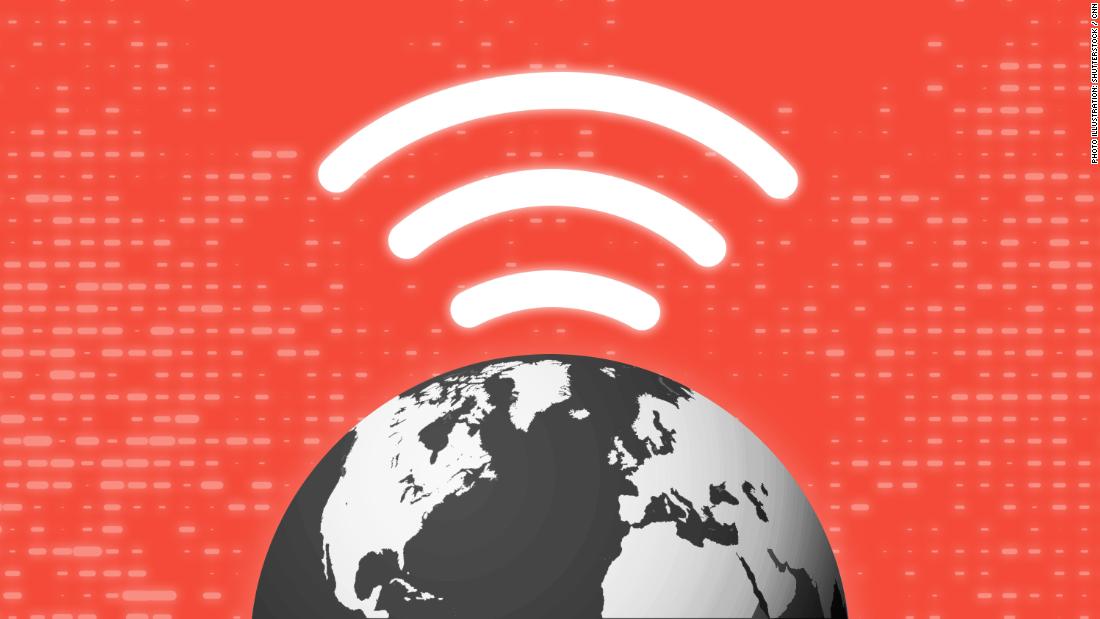By CP Gurnani
 The countdown to the 5G revolution has begun, and the explosion of connected devices, such as mobile phones, televisions, security systems and speakers, among others, is only going to intensify.
The countdown to the 5G revolution has begun, and the explosion of connected devices, such as mobile phones, televisions, security systems and speakers, among others, is only going to intensify.
As the next big thing in the journey of digital transformation, 5G will have an enormous impact on mankind. It will undoubtedly disrupt the way we live and work. It will go beyond mobile broadband and impact self-sustaining modern human establishments like smart cities, robotics and self-driving cars, and foster innovation in critical sectors such as health care, agriculture and education.
Wearable devices and connected health care, for instance, will help people monitor and manage their illnesses and allow medical professionals to efficiently screen and diagnose patients remotely. In fact, the 5G network has the potential to enable surgeons to robotically operate on patients from thousands of miles away.
This is possible because of the low-latency capabilities of 5G. With current networks, it takes approximately 100 milliseconds for information to travel across a network. This is incredibly fast, but there is still a lag that makes it impossible to communicate in real time.
With 5G, that latency is expected to be reduced to 1 millisecond. Once you have the ability to communicate over a network in near real time, proximity will no longer matter. However, there are a lot of obstacles we need to overcome before a doctor in Los Angeles performs surgery on a patient in Boston.
A long road ahead
Obstacles such as cost and regulatory oversight will need to be resolved before the low-latency capabilities of 5G can open up a new world of possibilities.
Communication service providers are going to need to invest billions of dollars in infrastructure to enable 5G. This includes investing in more antennas, base stations and fibre-optic cables, all of which must be in place before 5G can be widely adopted.
It is safe to assume that, with all the hype around 5G, these providers will find a way to ultimately build the infrastructure needed, but it will take a significant amount of time and money before we will be able to rely on the 5G network completely.
Additionally, governments and regulatory bodies will need to monitor advances and make it easier for telecommunication companies to invest in upgrading technology. They will need to enact policies to enable new revenue models, like data monetization and content management.
Finally, once the initial obstacles have been hurdled, there will be new regulatory and liability considerations for advanced automated features such as remote surgery, remote health care, vehicle-to-vehicle communication and public safety.
The future of 5G
2020 has been declared the year in which 5G will become commercially viable. Global carriers have started 5G speed trials, and there are promises of 5G-ready devices. As the world gears up for 5G implementation, translating the 5G promise into real impactful human experiences remains the challenge.
Developed cities will be the first to experience 5G, as rural areas currently lack the infrastructure to support the network, and it will take years before the whole world is connected. But even though we are just in the beginning stages of 5G, it is clearly not just a buzzword anymore. Companies are already having intense discussions around the massive implications of 5G on various industries and it will undoubtedly disrupt the way we live, work and play.
In order to continue to advance technologically, however, we will need a stronger network. The future of innovation depends on the successful rollout and implementation of 5G — and when we get there, it will truly revolutionize the world.
No comments:
Post a Comment